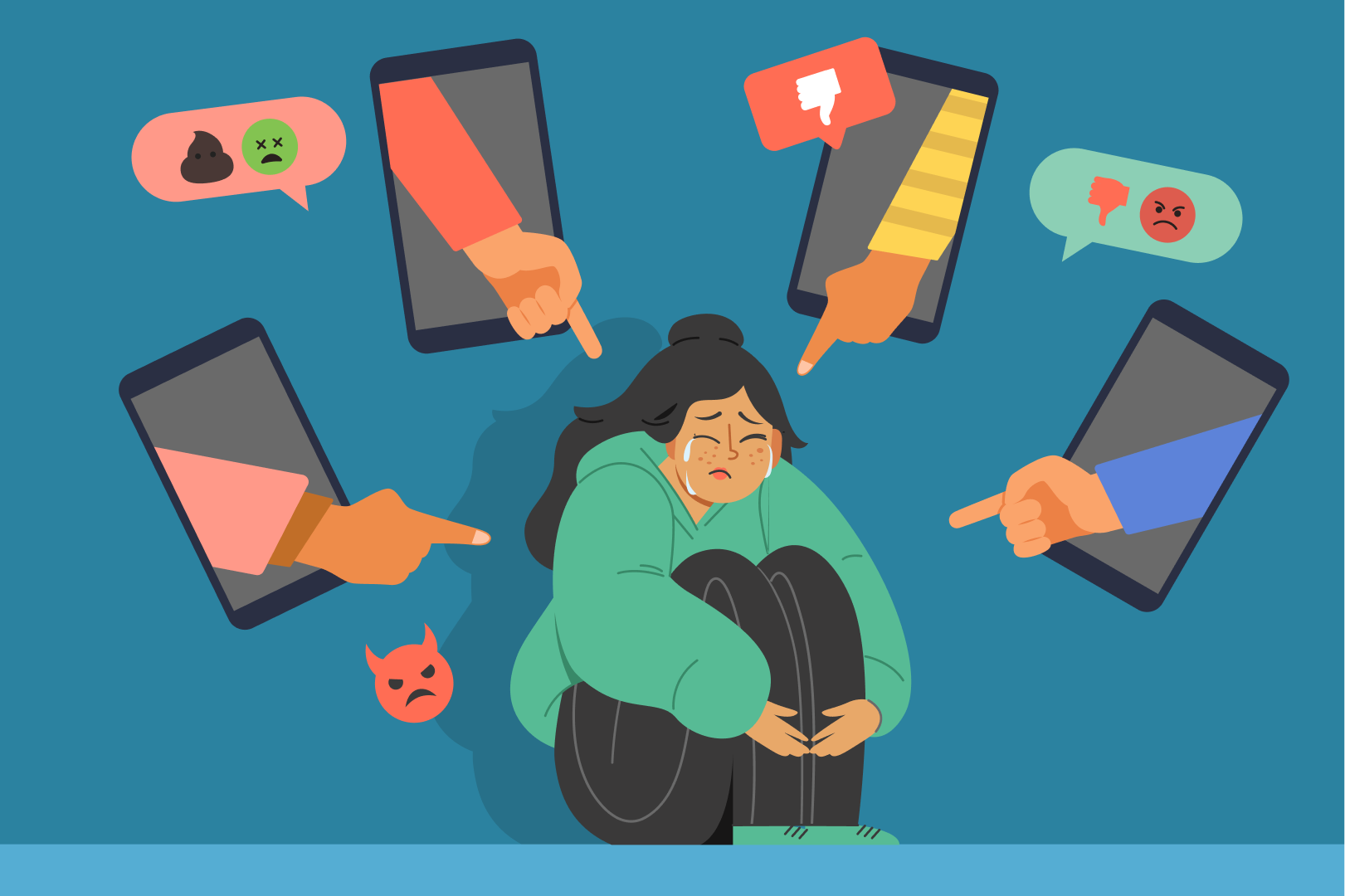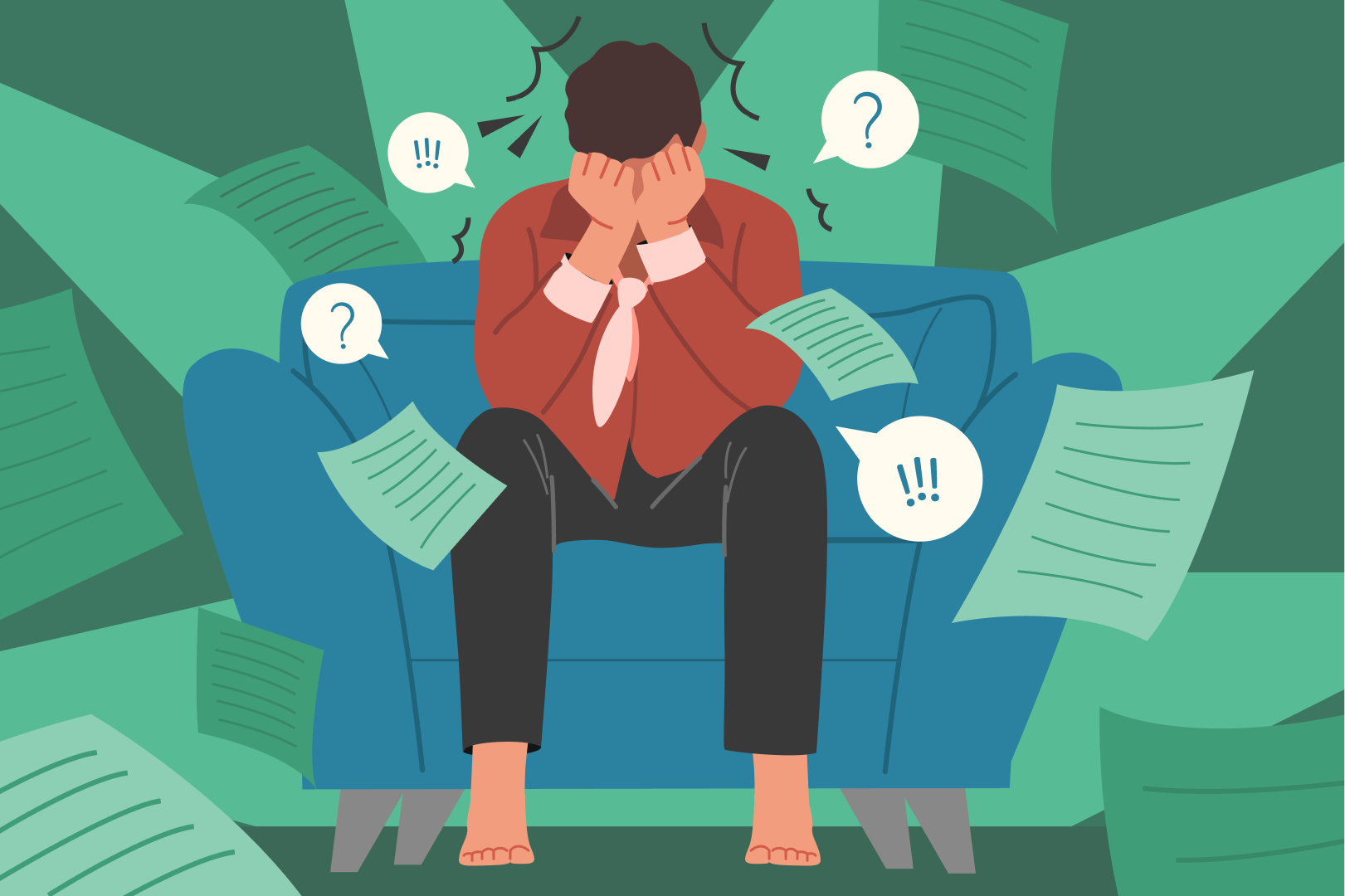What is Suicide?
Suicide means ending your own life. It is sometimes a way for people to escape pain or suffering. When someone ends their own life, we say that they “died by suicide.” A “suicide attempt” means that someone tried to end their life, but did not die.
What can I do if I am thinking about suicide?
Thinking about suicide is scary. You may have strong feelings that are hard to deal with. You may feel like things will never be better, but you are not alone. Many people think about suicide. Thinking about suicide does not mean that you will do it. It does not mean that you are “going mad.” Thinking about suicide is often a sign that you want to escape.
There are ways to feel better. Remember, you are not alone. You can start by talking to someone else. You can talk to a family member or friend you trust. You can also call a crisis line.If you have a doctor or counsellor, tell them how you feel. They can teach you skills to deal with thoughts of suicide.

How can I protect myself from suicide?
No one can say that they will never have thoughts of suicide. You can do two big things to help prevent suicide. The first is to build connections with other people. The second is to find help for mental health problems.
1) Build connections with other people
Feeling connected to others is a big part of protecting yourself from suicide. Here are ways to build connections:
Spend time with family and friends.
Go to cultural or religious events.
Get involved in your community. For example, sign up for classes at your community centre or college.
Help others. For example, help out a charity or other group.
2) Get help early for mental health problems
Mental health problems are a big part of suicide. You can help protect yourself by finding help for mental health problems early.
Here are common signs of mental health problems:
- Feeling like nothing makes you happy anymore.
- Feeling very sad or hopeless for many weeks.
- Feeling like you cannot cope with things that happen in your life.
- Feeling very stressed or scared for many weeks.
- Noticing strange thoughts or noticing strange things that do not go away. Some people hear voices that other people do not hear.
- Sleeping less or more than usual.
- Eating less or more than usual.
- Drinking more alcohol or using more drugs than usual.
- Taking a lot of time off work or school.
- Avoiding family and friends.
- Feeling “run down” or sick often.
Talk to your doctor if you notice these signs. Your doctor can see what may be causing the problems.
What are warning signs of suicide?
Some people talk openly about thoughts of suicide, but many people keep their feelings secret. There are warning signs to show that someone needs help. You often see many warning signs happening at the same time. Here are some warning signs:
- The person talks about wanting to kill themselves.
- The person uses more drugs or alcohol than usual.
- The person says they have no reason to live.
- The person seems very scared or worried.
- The person says that they feel like there is no way out of a situation.
- The person cannot see hope for the future.
- The person does not want to spend time with others.
- The person has a hard time controlling their anger.
- The person does things that may be dangerous and does not think about what might happen.
- The person’s mood changes in a big way.
How can I help someone who is thinking about suicide?
If you are worried about someone else, it is important to talk about suicide. Talking about suicide will not give them ideas. You need to talk about it to figure out how you can help.
Start by asking the other person if they want to end their life soon and if they have a plan.
If they do want to end their life soon and have a plan, it is an emergency. Do not leave the other person alone. Call the suicide crisis line at 1-800-784-2433. They can send emergency workers if you need them. Stay with the person until the suicide crisis line workers or emergency workers say you can leave.
If they do not have a plan to end their life, they still need extra help. You can help by listening to the other person. You can also help them find extra support.
1) Listen
Many people feel like they are all alone with their painful feelings. Listening shows them that they are not alone. You do not have to say much at all. You just have to be there for them. Here are some important things to remember:
- Take the other person seriously. They are in pain and they need help.
- Show the other person that you are a good person to talk to. Do not judge them or make fun of them.
- Trust is very important. Do not make promises that you cannot keep.
- Show that you understand they have a serious problem. Do not give advice like, “cheer up” or “pull yourself together.”
- Say things like, “You are really important to me” or, “I don’t want you to die.” You can also say, “It makes sense that you feel like you do, but I can help you find other solutions.”
2) Connect them with support.
Ask if they can talk to someone about their feelings. It could be a family member or a friend. It could also be a doctor or counsellor. You can also give them the phone number for the crisis line. The people who run crisis lines are trained to help others..
Remember, no one expects you to be a counsellor.
If you are worried about yourself or another person, call the crisis lines listed below. If you think that someone’s life is in danger, call the police or ambulance.
Myths and facts of suicide
- Myth: Suicide is not very common.
- Fact: Someone dies by suicide almost every day in BC.
- Myth: Thinking about suicide is not very common.
- Fact: One in every nine people has thought about suicide at some time.
- Myth: Someone who wants to die by suicide just wants to die.
- Fact: People who die by suicide do not necessarily want to end their lives. They want to get rid of bad things in their lives. They do not know what else to do.
- Myth: People who attempt suicide just want attention.
- Fact: A suicide attempt does show that someone needs help. People who attempt suicide often think it is the only way to stop their pain. Their feelings are very real and very hard to deal with.
- Myth: People who survive a suicide attempt will never try to end their life again.
- Fact: Most people who die by suicide have attempted suicide in the past.
- Myth: Only people with a mental illness think about suicide.
- Fact: You do not need to have a mental illness to think about suicide. Some people think about suicide because they do not know what else to do. But many people who attempt suicide or die by suicide have a mental illness. They may not know they have a mental illness at the time.
- Myth: Talking about suicide will make people think about dying by suicide.
- Fact: Talking about suicide does not give people ideas. Talking honestly about suicide is a good way to find out if someone needs help. Talking about suicide lowers the risk of suicide.
What if someone I love dies by suicide?
Losing a loved one by suicide can be very hard. You may wonder if you could have done more to help them. You may not understand why it happened. You may feel ashamed and angry. On top of these feelings, other people may treat you differently because they do not understand suicide.
It is important to know that suicide is not your fault. Many things go into someone’s decision to end their life.
Here are a few ways to cope with loss:
- It is okay to feel many different things. Remind yourself that your feelings are real.
- Talk with your family and friends. Let everyone share their feelings.
- Some people may not know how to help you. It is okay to tell them what you need.
- Find a support group in your community. It may be helpful to talk to other people who lost a loved one by suicide.
- Remember that healing takes time. You can take as much time as you need.
- Honour your loved one’s life in a way that is meaningful to you.
If you are having a hard time coping, it is a good idea to talk to a counsellor.
Suicide Prevention Helplines In India You Need To Know About
If you know anyone around you (or you for that matter) who is going through a stressful time and has suicidal tendencies, get help by calling these organisations who help others in distress. You can call these organisations anywhere from the country.

Aasra
The Mumbai-based organisation has a 24×7 dedicated free helpline number where professionally trained volunteers are there to answer the call. The volunteers can converse in Hindi and English. Helpline Number: +91 98204 66726

The Fortis 24x7
The Fortis 24×7 Stress Helpline number is for students and/or parents who may have queries related to stress, mental well-being related to exams and academics. A team of mental health specialists, who can converse in English as well as regional Indian languages, from the hospital, will be there to help out. You can write to them at mentalhealth@fortishealthcare.com.
Helpline Number: +9183768 04102

Parivartan
The Bangalore-based counselling centre has a dedicated helpline number where one can call in and get connected to professional & trained counsellors who can converse in English, Kannada, and Tamil. The helpline number is open from 1 pm to 10 pm, Monday through Friday. Online counselling sessions are also available should one need it. You can email them at parivarthanblr@gmail.com.
Helpline Number: +91 76766 02602

Cooj Mental health Foundation
The Goa-based mental health organisation has both e-counselling as well as a suicide helpline number. They are available on call Monday through Friday between 1 pm and 7 pm. For e-counselling, one can send an email to youmatterbycooj@gmail.com.
Helpline Number: +832 2252525

Sneha Foundation
Sneha is a suicide prevention organization based out of Chennai. One can reach out to them via email at help@snehaindia.org. Their suicide helpline number can be reached on all days between 10 am and 2 pm.
PS: Once the restrictions and lockdown get lifted in Chennai, the number can be reached out 24×7.
Helpline Number: 044-24640050

iCALL
iCall is an email and telephone-based counselling service run by Tata Institute of Social Sciences and they offer free services with the help of a team of qualified and trained mental health professionals. They are available Monday to Saturday between 8 am and 10 pm.
Helpline Number: +91 22 2552111 and +91 91529 87821

Vandrevala Foundation
The Vandrevala Foundation is an NPO and they are around-the-clock trained counsellors. Apart from their 24×7 helpline number, one can also email them on help@vandrevalafoundation.com.
Helpline Number: +91 730 459 9836, +91 730 459 9837, and 1860 2662 345

The Samaritans Mumbai
Samaritans Mumbai is has trained volunteers and professionals to offer support for those who are stressed, distressed, depressed or feeling suicidal. One can call their helpline number between 5 pm and 8 pm all through the week or email them at talk2samaritans@gmail.com. They also offer a free service with a counsellor for those looking for professional help. You can connect with them Monday to Friday between 10 am and 4 pm to set up an appointment.
Helpline Numbers: +91 84229 84528, +91 84229 84529 and +91 84229 84530








